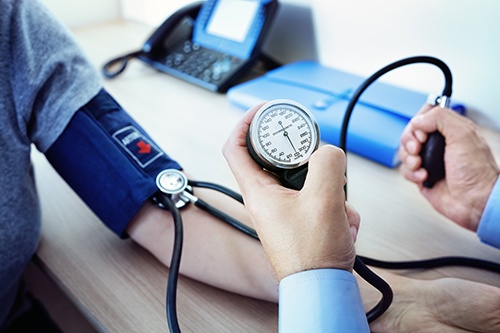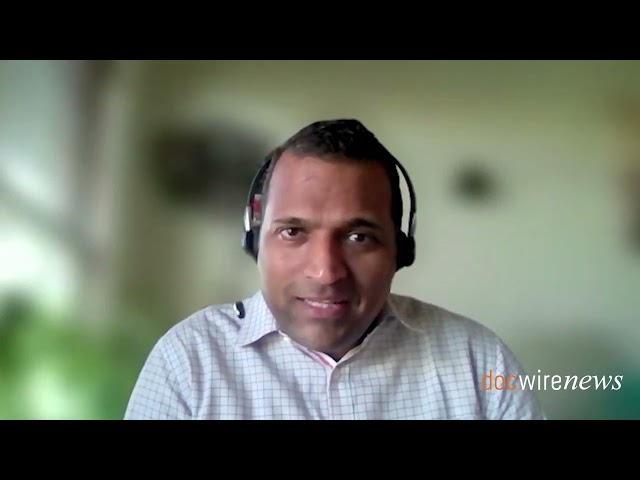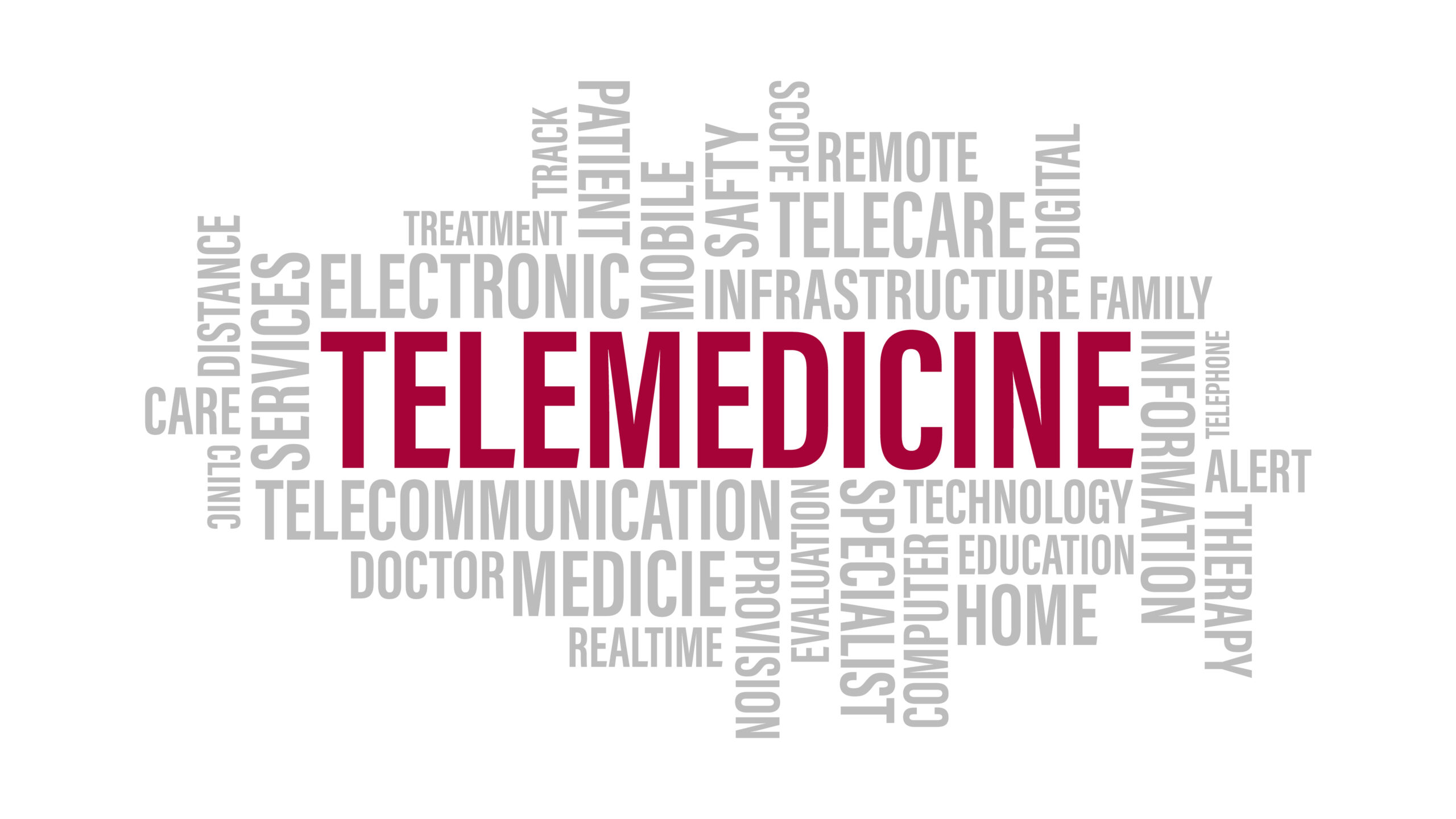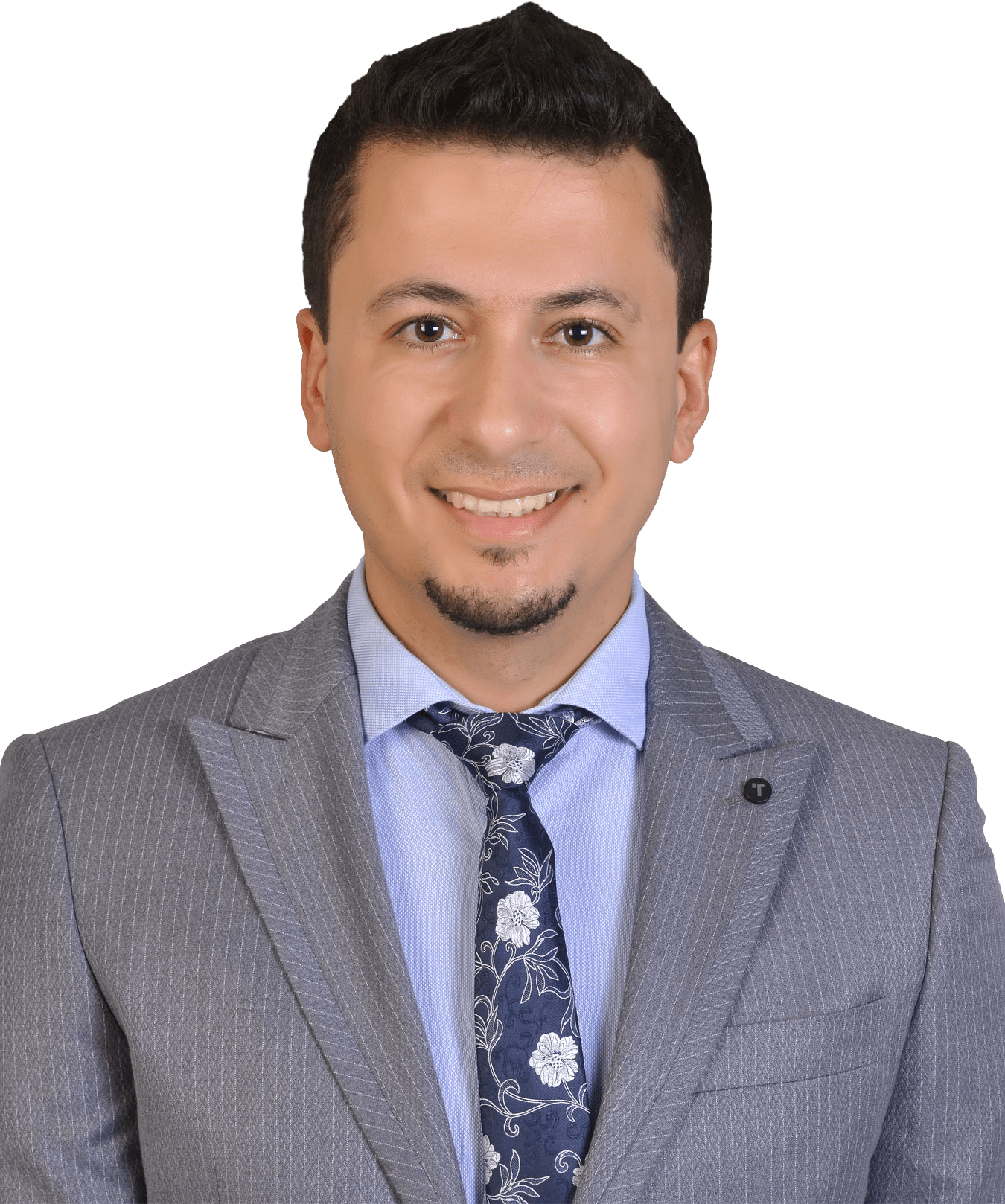
A new study has shown that the addition of smartphone lifestyle counseling to home blood pressure telehealth services improved patients’ long-term blood pressure control, specifically among minority stroke survivors with hypertension. This work was presented at the American Stroke Association’s International Stroke Conference 2020, held February 19-21 in Los Angeles.
Hypertension is a strong predicting factor in racial disparities in US patient stroke outcomes. Preventing secondary strokes can be achieved through the improvement of blood pressure control practices amongst minority stroke survivors, and with the widespread popularity of the smartphone, mobile health platforms are a great way to achieve this.
Telemonitoring of blood pressure and lifestyle counseling by nurses has been proven to assist in hypertension maintenance, however, this recent study is the first to analyze this approach in minority stroke survivors.
Background of the Telemedicine Study
The research team randomly assigned a group of 450 black and Hispanic stroke survivors with hypertension to either remote blood pressure telemonitoring with monthly feedback to the patients’ physicians, or blood pressure telemonitoring with the addition of counseling from a nurse via telephone. The average age amongst the study’s participants was 62, with 51% being black and 44% female. The nurses counseled patients via telephone on lifestyle behaviors and strategies to improve their blood pressure and reported the blood pressure readings to the patient’s doctor.
After one year of intervention, those who received the blood pressure monitoring supplemented with nurse phone counseling displayed a 14 point reduction in their systolic blood pressure, whereas the group that only received the blood pressure telemonitoring saw a reduction of only 5 points in their systolic blood pressure. These findings indicate that the use of telephone counseling could significantly improve the impact that blood pressure telemonitoring can have in improving the condition of minorities with hypertension.
“The magnitude of reduction in systolic blood pressure for those who received lifestyle counseling and support was much larger than we expected,” explained lead author Gbenga Ogedegbe, M.D., M.P.H., director, Division of Health and Behavior and the Center for Healthful Behavior Change in the Department of Population Health at NYU Grossman School of Medicine in New York City. “The reduction in systolic blood pressure of 14 mmHg among these patients would be expected to translate to at least a 20% decrease in stroke deaths and 34% fewer secondary strokes. These are pretty robust findings.”
“The results suggest that hypertension management in patients at high risk for recurrent stroke should involve telephone-based lifestyle counseling by a non-physician health worker coupled with home blood pressure telemonitoring. The role of the nurse case manager could be played by the patient’s pharmacist or other trained non-physician health workers,” concluded Ogedegbe.
Telemonitoring plus phone counseling lowers blood pressure among black and Hispanic stroke survivors #ISC20https://t.co/QUtoBHdeIC pic.twitter.com/BBTI6WQ58Z
— American Heart News (@HeartNews) February 21, 2020






 © 2025 Mashup Media, LLC, a Formedics Property. All Rights Reserved.
© 2025 Mashup Media, LLC, a Formedics Property. All Rights Reserved.